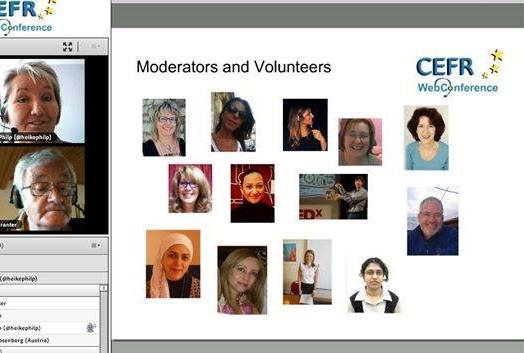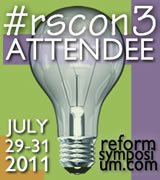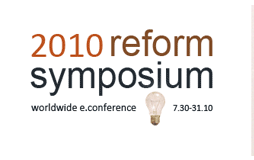In the world we live in, almost everything is taken as a sign, with consequent meanings, leading to a wide range of interpretations. With the wide range of texts available, the adult instructor is spoilt for choice driven by the urge to engage the learner and stimulate areas of the mind, from imagination to emotion, and go from provision of information to involvement, affective learning and interaction. The use of representational texts, any type of Literature or literature, engage the learner's cognate function and imaginative faculties.
While representational and ideational materials make use of learners' capacities for self-awareness and self-actualisation, referential language informs and requires memory of vocabulary, syntax or of grammatical forms acting as a very basic framework for communicative survival. Referential language also does matter but learners need to be encouraged not only to take words literally but also to reconstruct meanings and personalise text.
The use of newspaper extracts or a video clip may shy away the more traditional teacher with clear-cut linguistic objectives but it stimulates those who wish to go beyond mechanical processes, to activate language in use or to develop skills integration and transversal competences.
Foreign language students deserve to have their teacher's awareness of the possibilities of an authentic text being studied while, at the same time, the aim of our teaching is reinforced; ie to activate the whole person towards self-realisation, self-empowerment, helping the learner bring out all their linguistic, social and philosophocal values. Change and development in learning attitudes, respect for the adult learner's limitations and pragmatic knowledge are essential considerations towards determining teaching processes and content.
Underhill it was who defined 'process' as the way in which the content of the lesson, syllabus and curriculum are taught and learnt from the point of view of the learner and how the content can become directly relevant to the lives of the learners.
The personal context in which the learner interprets their educational experience determines assimilation and accommodation of the learning input. Learning ideally takes place through participation not only during class time but also through extended involvement outside class and even after the duration of the course. Rejection can happen during the given short period of time but should encourage reflexion on the student's part as to how best to amelioratie 'on' time to drive themselves to cognitive assimilation through strategies instilled by the educator or discovered by the learner personally and individually.
From personal experience in Life-long learning and Adult Education in Greece, any observation takes the learning process a little further to promote longer-term learning benefits. Adult learners tend to remain firmly attached to their coursebook and grammar books. However, they need to be given more chances to move from rigid contexts in order to experience language in its more creative aspects.
For further Reading
- Carter, R. “Response to special issue of applied linguistics devoted to Language creativity in everyday context,” Applied Linguistics, 2007, vol. 28, no. 4, pp. 597-609
- McRae, J. (1991) 'Literature with a small 'l', London: Macmillan
- Underhill, A. 'Process in humanistic education' in ELT Journal 1989, 43/4



